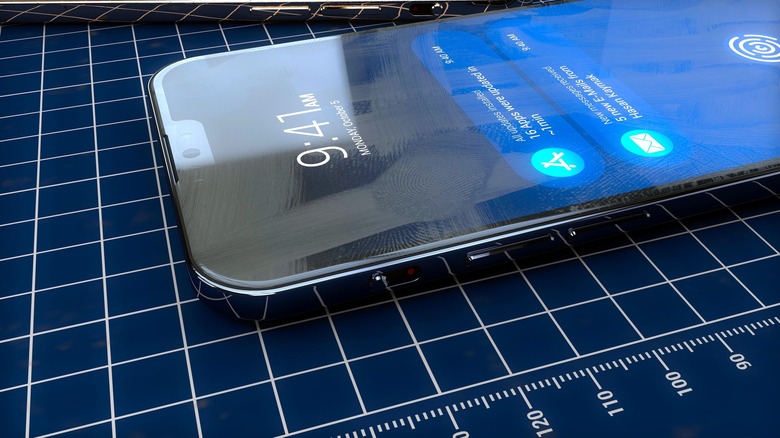Apple-Designed 5G Modems Won't Appear In New iPhones Until 2025
The saga surrounding Apple's efforts to secure 5G chips for its 2020 iPhone lineup is nothing short of gripping, as illustrated by a new in-depth report published by The Information.
As you likely heard, Apple and Qualcomm this past April settled their longstanding patent dispute after more than two years of litigation. As part of the settlement, both companies agreed to a six-year license agreement that, among other things, will see Qualcomm provide chipsets for the iPhone for at least six years. Interestingly, Apple was compelled to settle with Qualcomm due to a series of issues surrounding Intel's ongoing efforts to produce a 5G chip for forthcoming iPhone models.
As the report relays, Apple's pessimism regarding Intel's modem performance stretches back all the way to early 2017. Inevitably, Apple began to have serious doubts Intel's ability to be its sole 5G modem supplier.
"Apple also didn't see Intel's 5G modem architecture and software algorithms as ready," a person familiar with the events told The Information. "Eventually, Intel produced a working prototype of a 5G modem, but the chip's design was big, making it expensive to produce."
In short, Apple really had no choice but to settle with Intel.
Meanwhile, there have been credible reports regarding Apple's efforts to design its own 5G modems in-house. To this end, you may recall that Apple last month poached Umashankar Thyagarajan away from Intel, the chipmaker's chief 5G modem engineer.
While there have been rumblings that Apple's own 5G chips might appear in iPhones by 2022, that's looking beyond unlikely. Modem development is a long and involved process, with The Information noting the following:
Indeed, its multiyear modem agreement with Qualcomm may only be temporary since Apple has a large in-house team developing its own modem, as The Information has previously reported. But that in-house effort appears to be farther from fruition than some chip experts have predicted. In interviews with prospective hires for the team, Apple has told engineers that they expect to have their own modem ready by 2025, a person familiar with the discussions said.
Interestingly enough, Apple and Qualcomm's license agreement is set to end in 2025.
